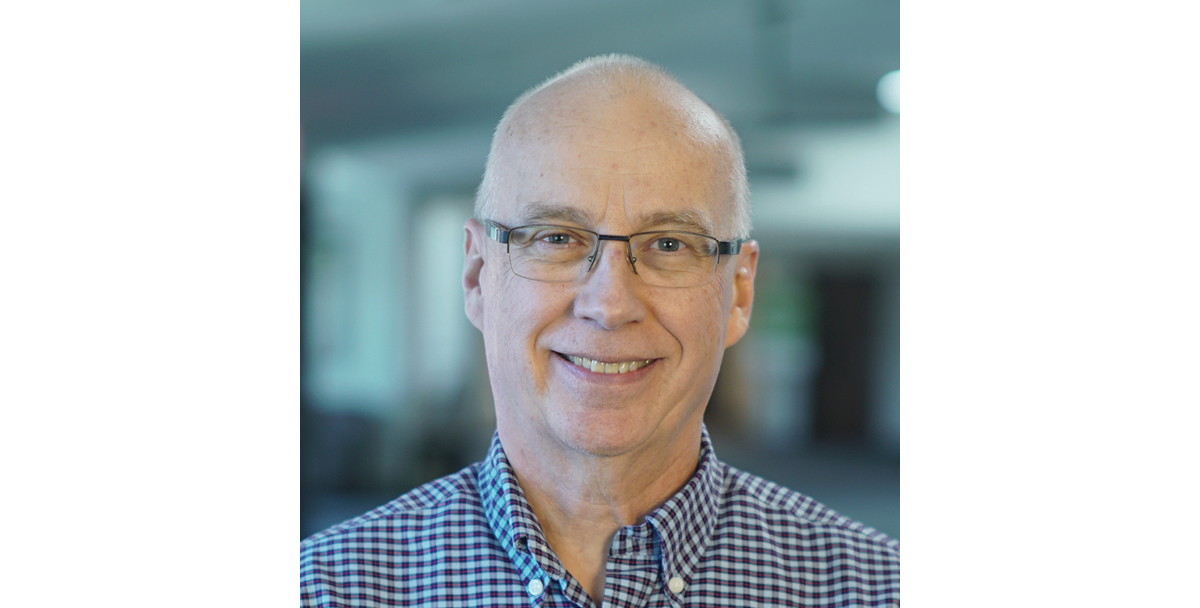November 15, 2023 / by Pastor Scott Boerckel
One of the charges leveled at Bible believing Christians is that they are filled with hypocrisy and pride.
They claim many common behaviors to be sinful and yet they do these very same things and seek to hide these sins from others. Pride is charged because Christians, it is alleged, think of themselves as morally superior to the rest of the world. The accusation is that some behaviors are marked out by believers as evil. Then, the accusation continues that since the believer is not doing that particular behavior, the believer considers himself more holy or closer to God than those who do such things. The accusation is that there is a sense of superiority among Christians that reflects pride that we are somehow more righteous, more worthy of God, or more valuable than the rest of people. Let’s consider both charges and how our church focus helps us avoid both hypocrisy and pride.
We must admit at the outset that there is a problem in each of us and in the Christian community with both hypocrisy and pride.
No one can say that they live the Christian life with perfect consistency. No one can say that they have not looked at the sins of others and been more outraged by those sins than the sins that we ourselves are committing. There is a reason that the charges of hypocrisy and pride stick to us in human conscience. It is that the charges are true.
If this is so, the more important question is not, “How can we defend ourselves against the charges of hypocrisy and pride?” The more important question is, “How can we overcome the sins of hypocrisy and pride?” It is just here that our church focus can help us. Can you recall our church focus? It is: “Seeking to be worshipers, maturing in Christ.” This focus should be harder to forget now that we have it printed on the wall of our foyer as you enter the worship center.
How does our church focus help us overcome hypocrisy? All hypocrisy is based on the sin of personal kingdom building. The reason that we sin, then hide it, and then pretend that we are living otherwise is because we want to build our own kingdoms and be well thought of. We even fool ourselves that we are fooling God in the true nature of our relationship with Him. “Seeking to be worshipers” means that all of life is an act of worship. We do not care for our reputations. We care that God and His reputation is exalted. We do not play a pretend game of worship. We seek the Lord’s face in all genuineness. We don’t care what people know or how others view us, even in our sinfulness. We care about knowing, loving, and worshiping the Triune God.
The “maturing in Christ” part of our focus likewise helps against hypocrisy. This is the means of our worship becoming ever purer and less hypocritical. We believers have a personal relationship with Jesus Christ. We want and expect that to change our lives. “And this is the victory that has overcome the world—our faith. Who is it that overcomes the world except the one who believes that Jesus is the Son of God” (1 John 5:4-5). As such, we are not concerned about withholding the reality of our sin from Jesus or from others. Our passion for Christ consumes the passion that we have that people think well of us.
The Christian at East White Oak, then, is NOT someone who is sinless and therefore avoids hypocrisy. The Christian at East White Oak is someone who, when they sin, is not worried about who knows about it but rather seeks to run to Christ out of a focus on being a worshiper. Worship overwhelms the sense of self-protection and kingdom building that is so common in Christian circles and that is the substance of hypocrisy. In fact, it is the community of worshipers that leads to openness and freedom to share one’s sins, hurts, and cares with one another. The goal of that sharing is not to garner sympathy or even to take pride in our vulnerability. The goal is focused: Seeking to be worshipers, maturing in Christ.
This kind of community is expressed well in Paul’s letter to the Galatians. “Walk by the Spirit” (Gal 5:16); “Live by the Spirit” (Gal 5:25); “Keep in step with the Spirit” (Gal 5:25) “Bear one another’s burdens” (Gal 6:2)—these all express the life in community free from hypocrisy because it is a life of together seeking to be worshipers, maturing in Christ.
How does our church focus help us overcome pride? Again, the focus on “seeking to be worshipers” reveals that we have no ground of boasting. In fact, the very word, “seeking” implies a humble awareness that we have not “arrived,” but rather that we are passionately in pursuit of something. That something is the pursuit of God. Knowing Him, loving Him, blessing Him is the reason and ground of our personal existence and of our church’s existence. We simply cannot look down upon the unconverted. They cannot help but sin. We cannot look down on other believers outside our fellowship. Their sins, great as they may be, are not our concern. We have no pride because we know that despite God’s great grace, we continue to sin.
This brings reproach upon us individually, and it brings reproach upon our church. So, in seeking to be worshipers, we are brought to a state of desperation and humility. We know that sin is first and foremost OUR enemy, not the enemy of culture nor of people “out there.”
The ”maturing in Christ” part of our church focus is the means by which we seek to be worshipers. We long “to grow up in every way into Him who is the head, into Christ” (Eph 4:15). We recognize that we cannot do this in our own strength. This eliminates pride, either pride of ourselves, or pride over other Christians, or pride over non-Christians. As Peter puts it, every bit of our service for Jesus can only come “by the strength that God supplies.” This strength is given freely for the purpose of seeking to be worshipers—”in order that in everything God may be glorified through Jesus Christ. To Him belong glory and dominion forever and ever. Amen.” (1 Peter 4:11) Jesus puts this life of humble worship this way, “So you also, when you have done all that you were commanded, say, ‘We are unworthy servants; we have only done what was our duty.’” (Luke 17:10)
When the Apostle Paul concluded his great exposition of being justified by grace alone through Christ alone, he makes this comment, “Then what becomes of our boasting? It is excluded.” (Rom 3:27) He urges us, individually and as a church “Let us not become conceited” (Galatians 5:26). He offers this pattern for those who seek to be worshipers, maturing in Christ, “But far be it from me to boast except in the cross of our Lord Jesus Christ, by which the world has been crucified to me, and I to the world. For neither circumcision counts for anything, nor uncircumcision, but a new creation” (Galatians 6:14-15). He declares, “Let the one who boasts, boast in the Lord” (2 Corinthians 10:17).
We seek to be worshipers, maturing in Christ. Let’s be done with the sins of hypocrisy and pride. Those sins belong to self-exalting, personal kingdom building people. As we grow together as worshipers, maturing in Christ, Jesus will free us from hypocrisy and pride, from self-protection to vulnerability, from a spirit of criticism to a spirit of humility, from an attitude of pessimism to a heart filled with joy “that is inexpressible and filled with glory, obtaining the outcome of your faith, the salvation of your souls” (1 Peter 1:8-9).

Scott loves being a pastor and teaching God’s Word. Before he was a pastor, he worked as a ceramic engineer (and bonus points for anyone who actually knows what that is). He sometimes uses the training that he received at the University of Illinois (Go Illini!), Grace Theological Seminary, and Jerusalem University College. Scott’s wife, Carol, is an awesome watercolor artist who really knows how to think Christianly about the arts. Scott likes cycling with friends, enjoying his ever growing family, and learning from the community of God’s people at East White Oak.
November OakLeaf Articles:
The Cure for Hypocrisy and Pride by Pastor Scott Boerckel
Religious Pride by Richard Mayhew
Christ As Our Source of Life by Jim Simmons
Pride: A Hindrance to Revival by Dr. Jeff VanGoethem
A Woman’s Struggle with Pride by Jeanette Clayton
A Sportsman’s Perspective on Hypocrisy and Pride by Pat Gregory




